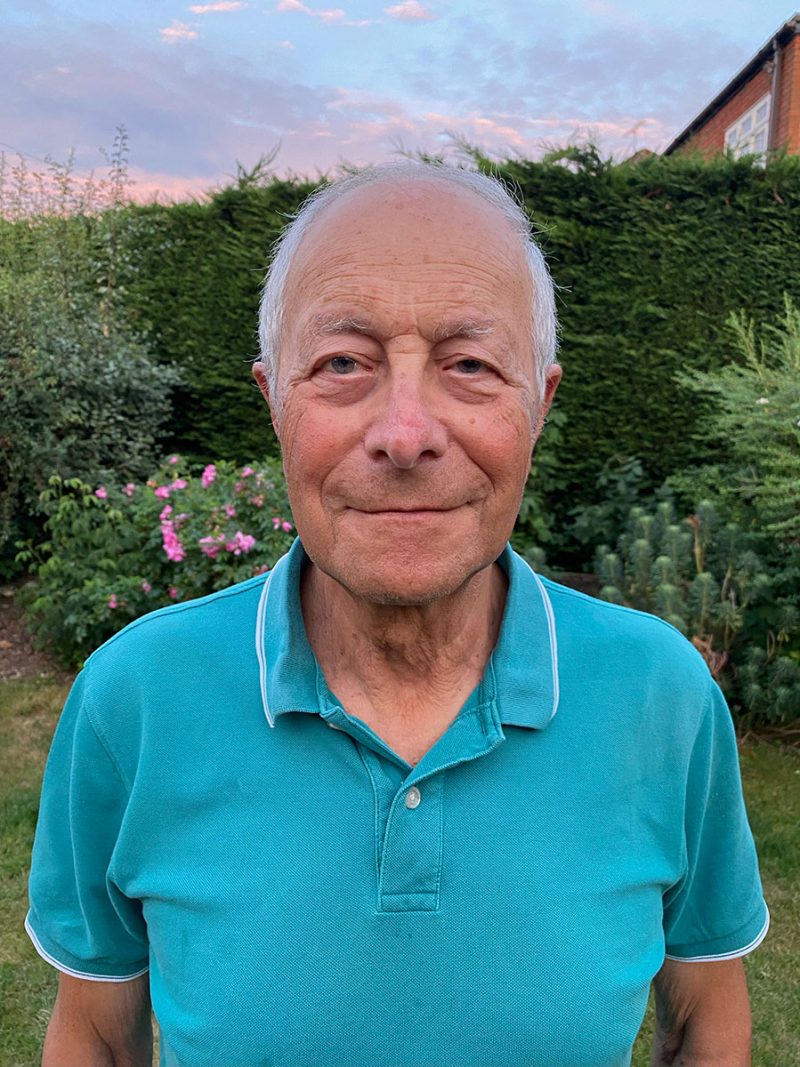There was a steep learning curve. It’s an unusual hospice as it doesn’t have an in-patient unit. We have no beds but three administration centres, a warehouse, 28 shops, a day centre and around 60 nurses who work in the community. Ideally, we like to look after people in the last year of their life but often we are referred to people very late.
We have 5 day teams covering a large area, a children’s team for those up to 19 years old and a night team which makes a real difference. So much can go wrong at night. If you ring 111 you’ll get an ambulance which will inevitably take you to hospital but people want to die at home – not in A&E.
We work with district nurses, GPs, palliative care consultants and carers in the community – it works extremely well and the support is invaluable. About two thirds of us say we want to die at home but in the UK, only 20 per cent of us achieve this. We have the worst record in Europe for people dying in acute hospital wards (52%).
We are proud that 92 per cent of the 2000 individual and families we look after achieve their wish for a loved one to die at home. We are well supported because families we look after often want to give something back with in memoriam gifts and also become volunteers with us.
